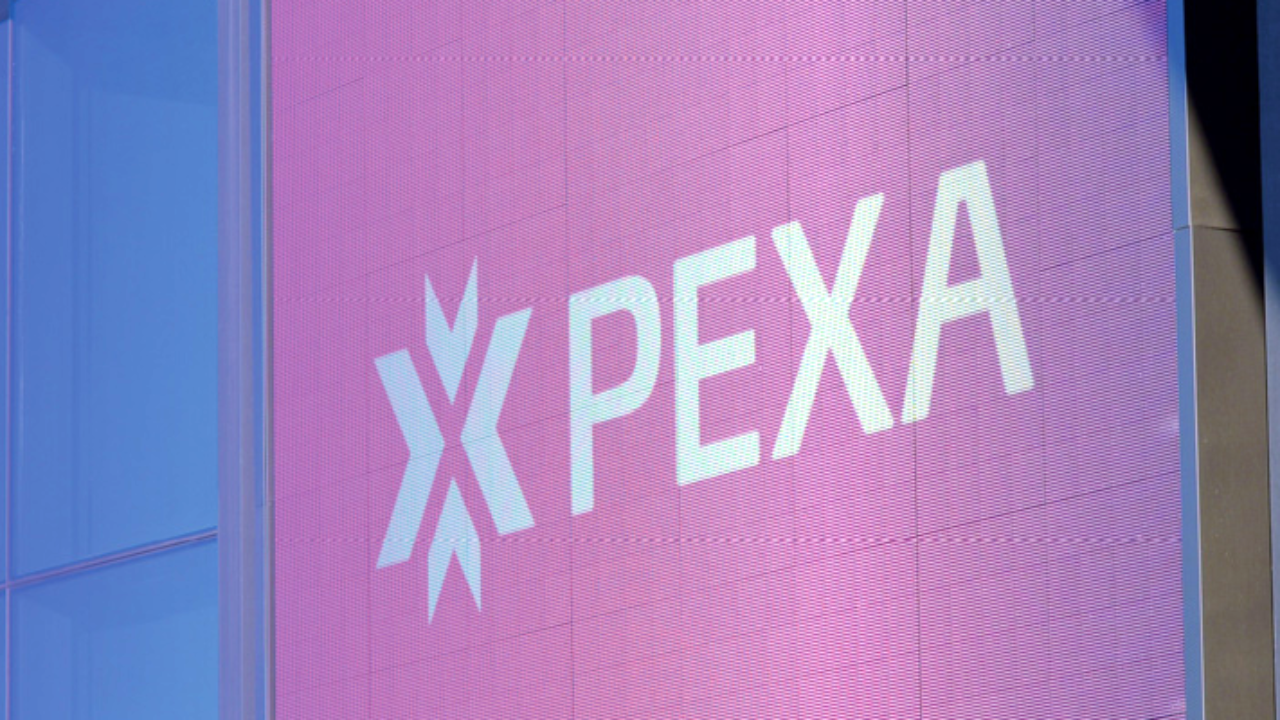PEXA lists on the ASX
Digital property settlements firm PEXA (ASX: PXA) listed on the ASX on Thursday after 42.8% shareholder Link Administration Holdings (ASX: LNK) rejected various offers from the likes of KKR, Pacific Equity Partners and Carlyle Group, and SS&C.
What does PEXA do?
PEXA owns the PEXA Exchange, which is a digital property settlements platform that allows home buyers and sellers, financial firms, conveyancers and lawyers to digitally settle property transactions in most jurisdictions in Australia.
The PEXA Exchange arose out the Australian Government’s desire to digitise the property lodgement and settlements process to save time and money, while also reducing errors occurring under the legacy paper-based system.
Development began in 2011 before the PEXA Exchange launched in New South Wales (NSW) and Victoria in 2014, in Western Australia and Queensland in 2015 and in South Australia in 2016. More recently it has expanded into the Australian Capital Territory.
Torrens system
The 6 states and 2 major territories of Australia operate under the Torrens system of registering land titles.
Under the Torrens system, upon lodgement of the relevant transactions or dealings with the land registry – whether they are new mortgages, mortgage refinances, title transfers, discharges and caveats – legal title to land is obtained, creating an indefeasible claim to title.
The Torrens system is common amongst countries in the British Commonwealth, with England, Wales, New Zealand, India, Singapore, Malaysia, and Ireland all adopting the system.
Business model
Since development began in 2011, PEXA has integrated with 6 land titles office, 5 state revenue offices, 9,400 law firms and conveyancers, 160 financial institutions (who provide financing via mortgages) and the Reserve Bank of Australia (RBA), through which funds are transferred and disbursed.
The five state revenue offices it has integrated with – New South Wales, Victoria, Western Australia, Queensland and South Australia – cover 95% of potential billable transactions in Australia.
PEXA charges a fee for each type of transaction processed through the PEXA Exchange, such as the transfer of property title, new mortgages or refinancings, with its fees varying based on the volume and lodgement type of transactions.
PEXA’s fees are taken out of the settlement proceeds and represent only around 0.5% of the total transaction costs of purchasing a typical house and a minute portion (0.02%) of the total cost of the purchase (based on the median house value in NSW).
Globally unique technology
Any time you have highly successful, sophisticated investors like KKR, Pacific Equity Partners or Carlyle Group sniffing around a company, it’s worth taking a look.
And the major attraction of PEXA is that the technology it has developed to allow online property lodgement and settlements appears to be unique globally.
I know of no competing firm that has similarly developed the full suite of technology that covers both the digital lodgement of property documents and also facilitates online settlement of the property transaction.
A regulated monopoly
Because of its first mover advantage, PEXA is an effective monopoly, with more than 80% of all property transactions in Australia completed on its platform. It has been helped by various States mandating the electronic lodgement of property settlements when PEXA has been the only company offering these services, at least up until recently.
PEXA has spent more than $400m developing its technology over the past decade which, along with strict regulation of the entire digital property lodgement and settlement process, means there are high barriers to entry for competitors.
But that hasn’t stopped two competitors from entering the fray: Sympli – a JV between the Australian Securities Exchange (ASX: ASX) and Australian Technology Innovators – and Purcell Partners – which operates LEXTECH, a web-based software platform that facilitates digital mortgage settlements.
Sympli has performed its first financial and non-financial conveyancing transactions but is still developing competing technology to allow it to perform all the transactions that PEXA currently performs.
Meanwhile, LEXTECH is even further behind PEXA.
I like my monopolies unregulated but unfortunately the various States and ARNECC, PEXA’s regulator, regulate the prices PEXA can charge, at least until 30 Jun 2022. PEXA is limited to raising prices by a maximum of inflation (i.e. CPI) each year, although it is can also take into account regulatory and input cost changes.
Whether the regulator and the various States are prepared to loosen this restriction remains to be seen, but I doubt they will while PEXA maintains such a dominant share of the Australian market.
Interoperability
Unfortunately, the various regulators are also actively encouraging competition. As well as approving two new competitors, they are also trying to reduce PEXA’s monopoly power by mandating “interoperability”.
Currently, if one party to a property transaction uses a particular platform (say, PEXA), then all parties to the transaction need to use that same platform.
Obviously, this is detrimental to potential competitors as PEXA has already connected almost every relevant participant within Australia’s property lodgement and settlement system to its platform.
As a result, the regulator is in the process of mandating that PEXA and its competitors be able to connect with each other to allow multiple lodgement platforms to be used in any transaction. This is called “interoperability” and it should begin in earnest during 2022.
Under interoperability, there is the possibility of Sympli or other competitors providing partial services despite not currently being able to provide the entire gamut of services that PEXA does.
At this stage, though, due to the significant time and expense involved in both replicating the technology that PEXA has built over the past decade and then acquiring customers, PEXA remains in the box seat to process the majority of transactions in Australia for a few years yet.
And competitors are going to have to convince PEXA’s customers to switch and learn a new system despite any cost savings being immaterial in the scheme of things, given they represent such a small portion of the total transaction costs of buying a house.
Even worse, what incentive do conveyancers and lawyers have to switch from PEXA when this relatively immaterial cost is just passed on to their clients?
So given its dominant market position, PEXA should have no trouble raising its prices by the maximum allowed each year, at least for the short to medium term until competitors perhaps start taking material market share.
The opportunity
However, with PEXA already processing more than 80% of property transactions in Australia, its prices regulated and regulators also actively encouraging competition, growth is most likely to come from overseas.
Specifically, in other jurisdictions that use the Torrens system.
A study commissioned by PEXA estimates that the total market size, using similar average prices per transaction to Australia, is A$719m in the United Kingdom ($641m in England and Wales), $234m in Canada (Torrens only jurisdictions) and $89m in New Zealand.
In contrast, Australia’s estimated digital settlements market size is around A$280m.
Although adapting PEXA’s technology to these jurisdictions, as well as obtaining the necessary regulatory approvals and then acquiring customers, will be expensive, it should be significantly easier and cheaper than starting from scratch. PEXA has chosen to concentrate its initial expansion efforts in the UK but they are at a very early stage in the process and so any material growth overseas is likely years away.
There is also potential to provide additional products within Australia, such as generating revenue from data insights utilising the transaction data on its platform or property valuation services.
If one believes the prospectus, these markets could be in the hundreds of millions of dollars.
Too expensive
All in all, while PEXA is a very good company with significant potential growth in the medium term, this is more than reflected in its share price.
With its share price rising from $17.13 at listing to $17.60 at the time of writing, this gives PEXA a market capitalisation of $3.1bn and an enterprise value (EV) of around $3.4bn.
That puts PEXA on a forward (i.e. 2022) EV to sales ratio of 13.4 times, an EV/PEXA Exchange EBITDA of 26.3 times, a forward PER of 155 and prices it at 100 times 2022E operating cash flow.
This is a little too dear for me!
Note: this is just my personal opinion and is no way represents advice to buy or sell any securities mentioned. Please do your own research and consider your personal circumstances and goals when buying or selling any investment.






Comments (115)